It has been a summer of tears, both of joy and sorrow. The latter first: how could stones not weep at the spectacle of this Gadarene government leading us towards the cliff edge with a show of insouciance on the part of Fox, Davis, Johnson that would be thought excessive at a wedding, never mind a funeral? At Daily Telegraph leader conferences 25 years ago, our young turks bewailed John Major’s government as the worst in history. Bill Deedes justly rebuked such hyperbole: ‘Are we really saying that Samuel Hoare was a better foreign secretary than Malcolm Rifkind?’ Today, however, it is hard to name a senior minister, with the possible exception of Philip Hammond, who seems to compare favourably with Hoare. However serious the Corbyn menace, and for that matter the Rees-Mogg one, I shall never vote for a Brexit Tory party.
One entirely foreseeable consequence of Brexit is that although it is irrelevant to the gravest problems facing the nation, the government talks about nothing else. There is a black hole in the defence budget: instead of reshaping policy to address this, starting by mothballing the Royal Navy’s absurd new aircraftless-carrier, ministers merely scrabble to keep the crisis away from the Commons and front pages. My wife Penny says, with her accustomed good sense: ‘People only really care about terrorism and cyber-attacks. They are not interested in the Russian threat to the Baltic states.’ Yet real political leaders, as distinct from placemen, would aspire to inform voters, rather than merely chortle because they can scrap soldiers without losing by-elections.
Now for the tears of joy, the kind to which mawkish septuagenarians fall prey. First was the experience of taking the grandchildren to Giffords Circus, which tours southern England between May and September. Nell Gifford, sister of Emma Bridgewater, is a genius. She creates in her big top — quite a small top, really — the 19th-century sensations familiar to Dickens when he wrote of Sleary’s troupe in Hard Times. Screen-addicted children are confronted at thrillingly close quarters by jugglers, acrobats, horses, bantams, Tweedy the clown. Giffords has an intimacy, charm, innocence that transcends nostalgia.
Two other grandchildren’s treats: buying a birthday present at Pandemonium in Sheen Lane, the best toyshop in London, far superior to Hamleys or Toys R Us, though one-hundredth the size. We also visited the Wetlands Centre in Barnes; it seems impossible that this glorious marsh could exist within a great city. The staff, mostly volunteers, are as user-friendly as the ducks and otters. There is a premier division playground, with a zipwire and water table that I would have got stuck into, had they not been crowded with yummy-mummies.
I sobbed anew as the massed pipes and drums marched into the arena at the fabulous Edinburgh Tattoo. Bagpipes are divisive instruments, but I adore them, likewise the spectacular light effects playing on the castle. We overnighted with a family whose 17-year-old son, an accomplished piper, performed on the far side of the lake as we wandered the garden. During the festival he makes £60-70 an hour busking on the streets of Edinburgh: I omit his name only to shield him from HMRC.
Driving on a moor in remotest north Britain, we glimpsed in the distance a solitary figure on a coloured cob. ‘Ah,’ said our host, ‘that will be Sir Humphry.’ Sir Humphry? This turned out to be Wakefield, aged 81. A few minutes later the baronet himself told us: ‘I decided I could either sit at home waiting to die, or ride from John O’Groats to Land’s End. I love it. I am half in heaven.’ He cheats a bit, being followed by a groom driving a horsebox and issuing rations. He also sustains a lifelong reputation for saying the first thing that comes into his head. Approaching a castle, he was greeted by the chatelaine, who during lunch regaled us with their exchange. She opened: ‘You won’t remember me, Humphry, but we met years ago.’ He said: ‘Oh yes, when you were young you used to be terribly pretty.’ She riposted tartly: ‘And when you were young, you used to be tolerably handsome!’ Like all notable eccentrics, Sir Humphry is unaffected, which causes the world to forgive blurts that would get the rest of us blue-pencilled…from John O’Groats to Land’s End.
Unless one is a committed contrarian, it is unsettling to be unmoved by plays that have won all the prizes. I had keenly anticipated seeing Jez Butterworth’s The Ferryman, because I came to know Northern Ireland well as a reporter during the Troubles. Yet Penny and I liked Ferryman no better than the author’s earlier Jerusalem, for the same reason: no character seemed deserving of the slightest respect or sympathy. Moreover, of the dialogue we could hear only one word in three. Yet almost everybody we know has loved both plays, and we are not cocky enough to suppose our own indifference reflects superior judgment. We plan to see The Ferryman again, in hopes of getting the point.
Got something to add? Join the discussion and comment below.
Get 10 issues for just $10
Subscribe to The Spectator Australia today for the next 10 magazine issues, plus full online access, for just $10.
You might disagree with half of it, but you’ll enjoy reading all of it. Try your first month for free, then just $2 a week for the remainder of your first year.

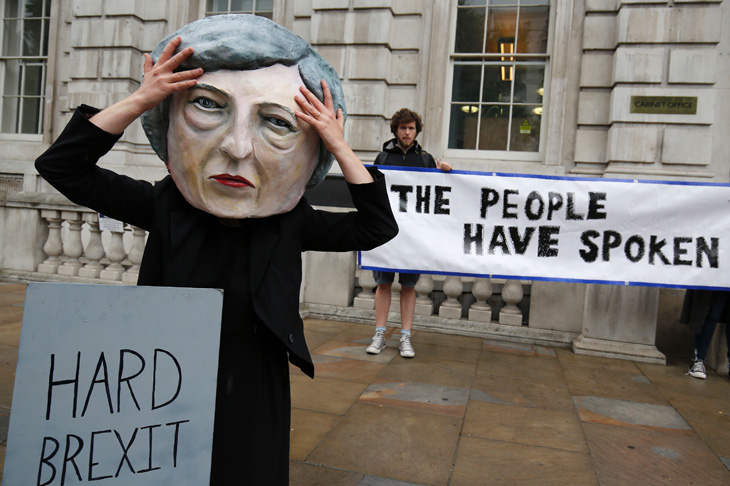
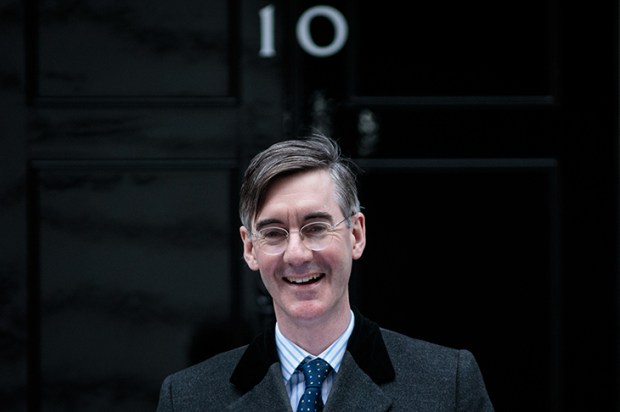
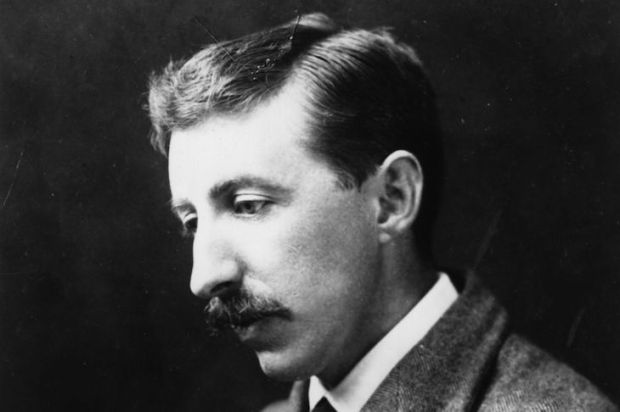

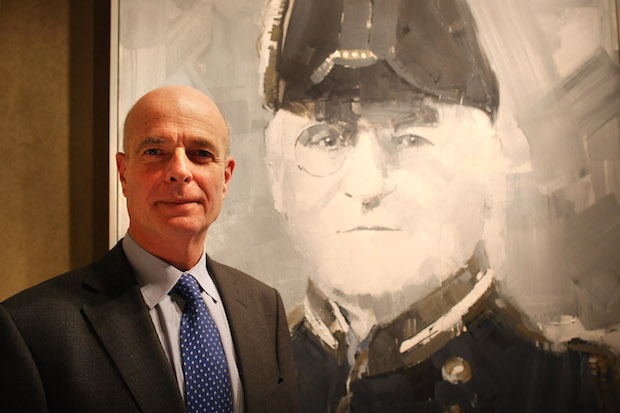

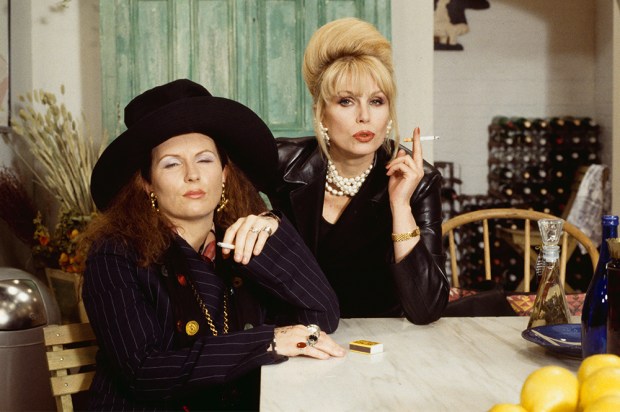






Comments
Don't miss out
Join the conversation with other Spectator Australia readers. Subscribe to leave a comment.
SUBSCRIBEAlready a subscriber? Log in